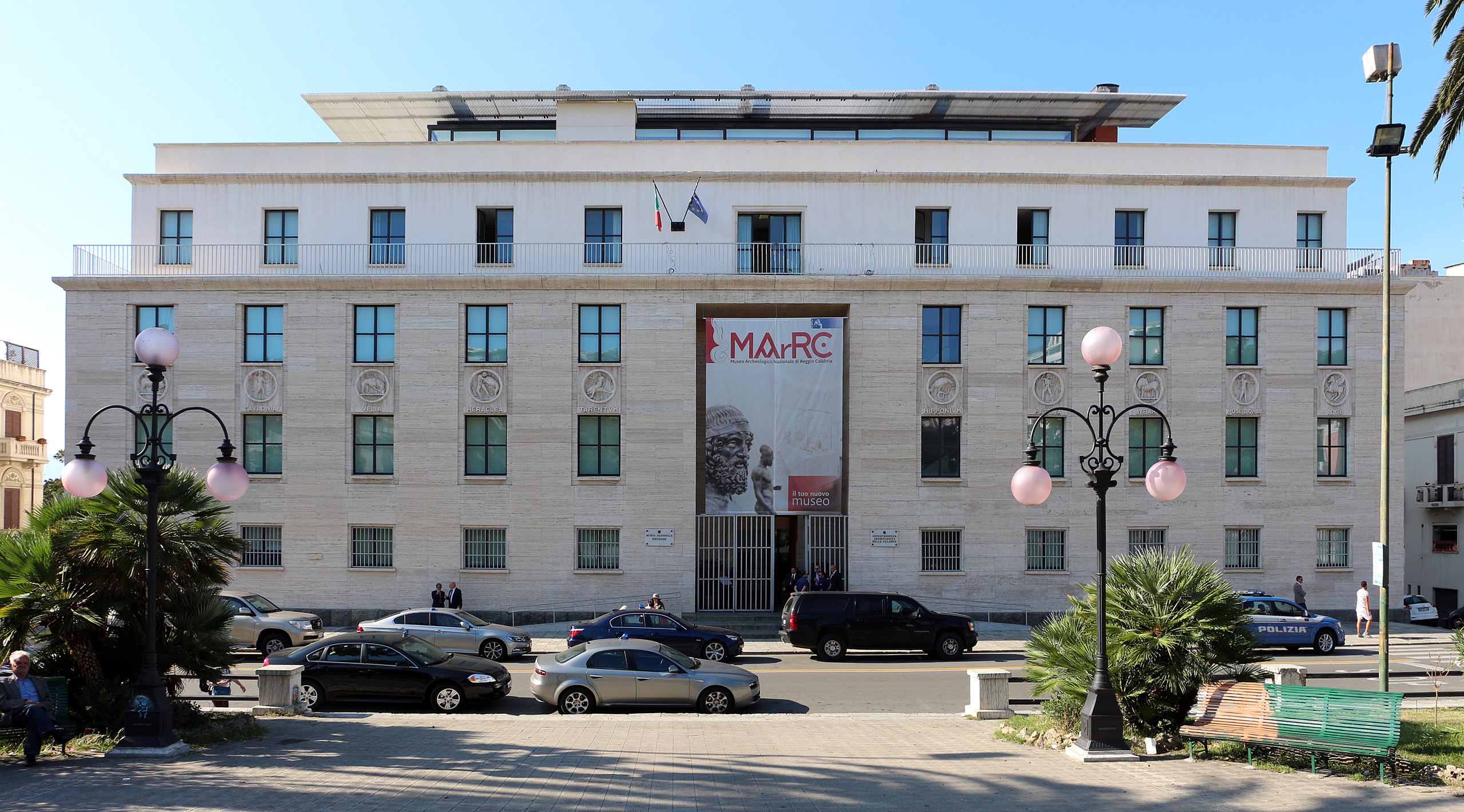



The National Archaeological Museum of Reggio Calabria, or National Museum of Magna Graecia (also known as "Piacentini Palace"), is a historic and important institution for the conservation of Italian culture, in possession of one of the most remarkable collections of artifacts from Magna Graecia.
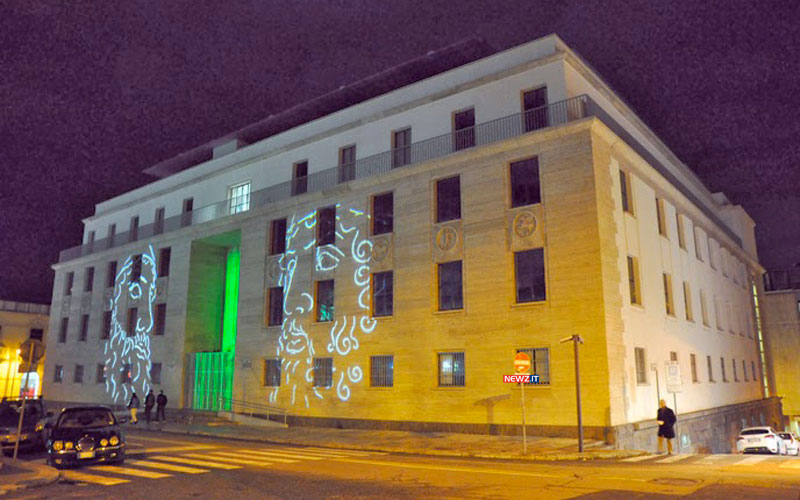
Initially formed from a nucleus of material sold by the civic museum of the city, built in the nineteenth century, the National Archaeological Museum of Magna Graecia then grew with many finds, the result of the various excavation campaigns carried out to date by the Archaeological Superintendence of Calabria.

Today the new Calabrian finds are no longer gathered and kept in a single museum, but are exhibited in those archaeological sites in which new findings have made it possible to set up small local museums (Crotone, Locri, Roccelletta di Borgia, Sibari, Vibo Valentia, Lamezia Terme) which today flank the Reggio museum.
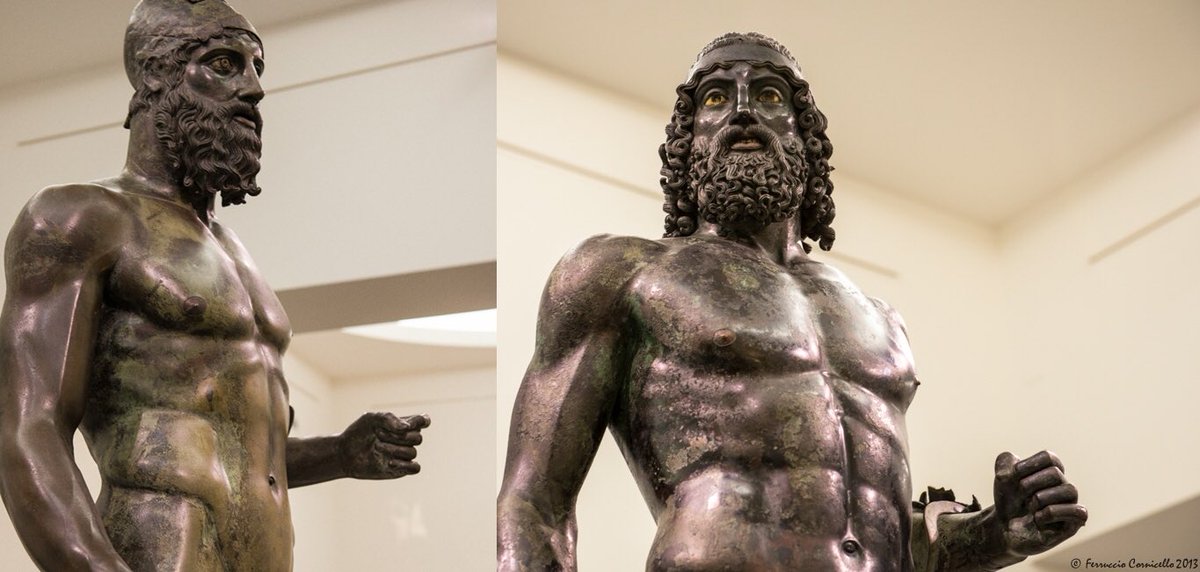
Among the most significant materials:
- Riace Bronzes: found in the province of Reggio, they are two large bronze statues, Greek originals from the mid-fifth century BC. received in an exceptional state of conservation, which could represent, according to recent studies, Tideo and Anfiarao or Eteocle and Polynice of The Seven Against Thebes, coming from a larger group of bronze warriors.

- Head of the Philosopher, found in Porticello near Reggio Calabria, is a rare example of Greek portraiture;
- Head of Basel, Greek original in "late severe" style of the 13th century. V BC, found in the wreck of Ponticello. Stolen, it was sold to the museum in Basel, from which it took its name before being returned. Today it is exhibited in the National Museum of Magna Graecia in Reggio Calabria. In Reggio, recently acquired by the museum, is a small marble statue, perhaps of a victorious athlete, recently exhibited on the occasion of the XX Winter Olympic Games;

- Acrolito of Apollo Aleo in marble, from Cirò;
- Group of Dioscuri disembarking from their horses in the battle of the Sagra, from Locri Epizefiri;
- Bronze tables, from the archive of the temple of Zeus in Locri Epizefiri;
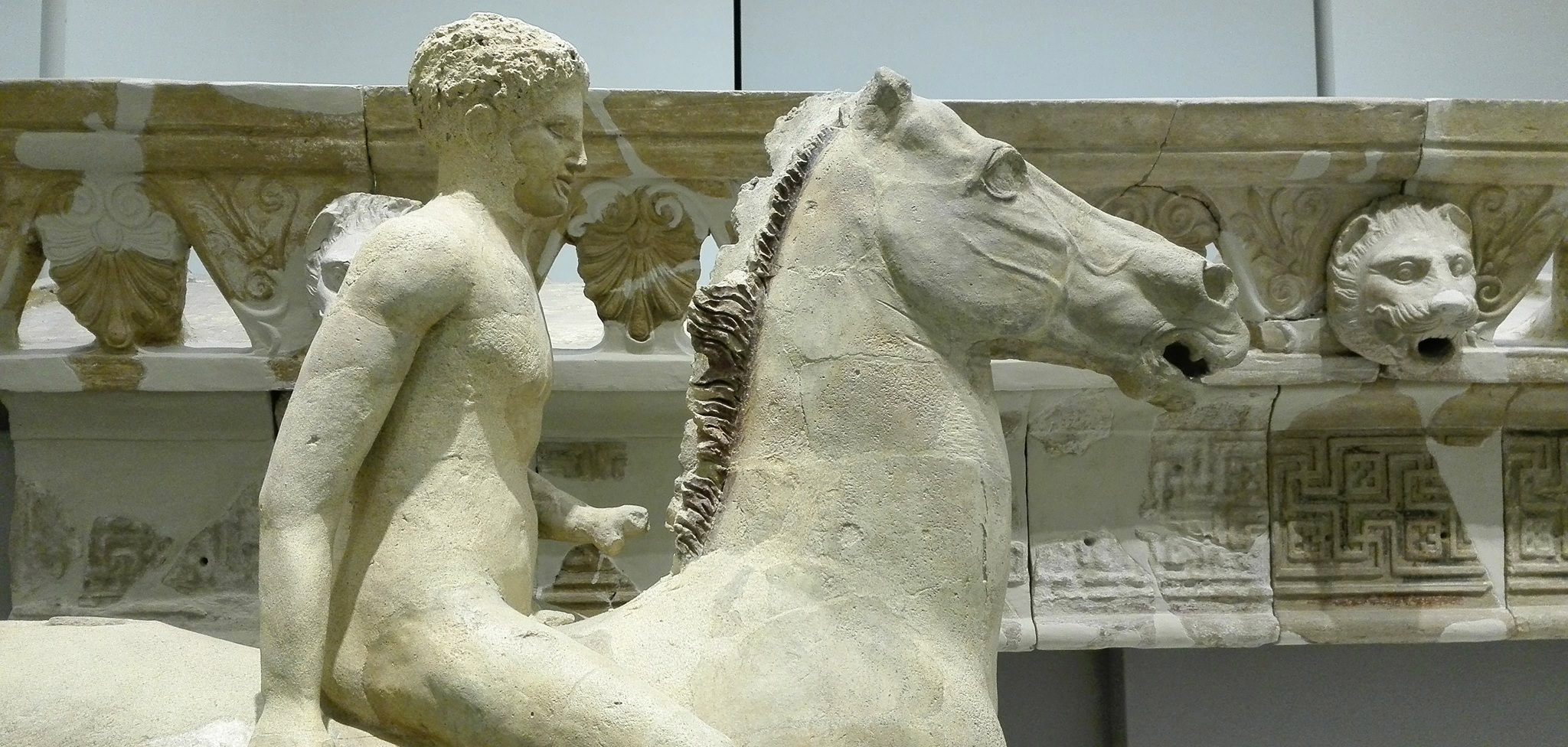
- Collections of pinakes, ex voto in terracotta bearing in relief scenes of the abduction of Persephone from Locri Epizefiri;
- Collections of jewels, bronze mirrors, and medals.
- The courtyard of the museum, Piazza Paolo Orsi, hosts temporary exhibitions to enhance the objects in reserve, such as the Hades and Persephone exhibition. Lords of the afterlife

Until 2008 the Civic Art Gallery of Reggio Calabria was housed in the National Museum.

OPENING DAYS AND HOURS
from Tuesday to Sunday
9.00-20.00
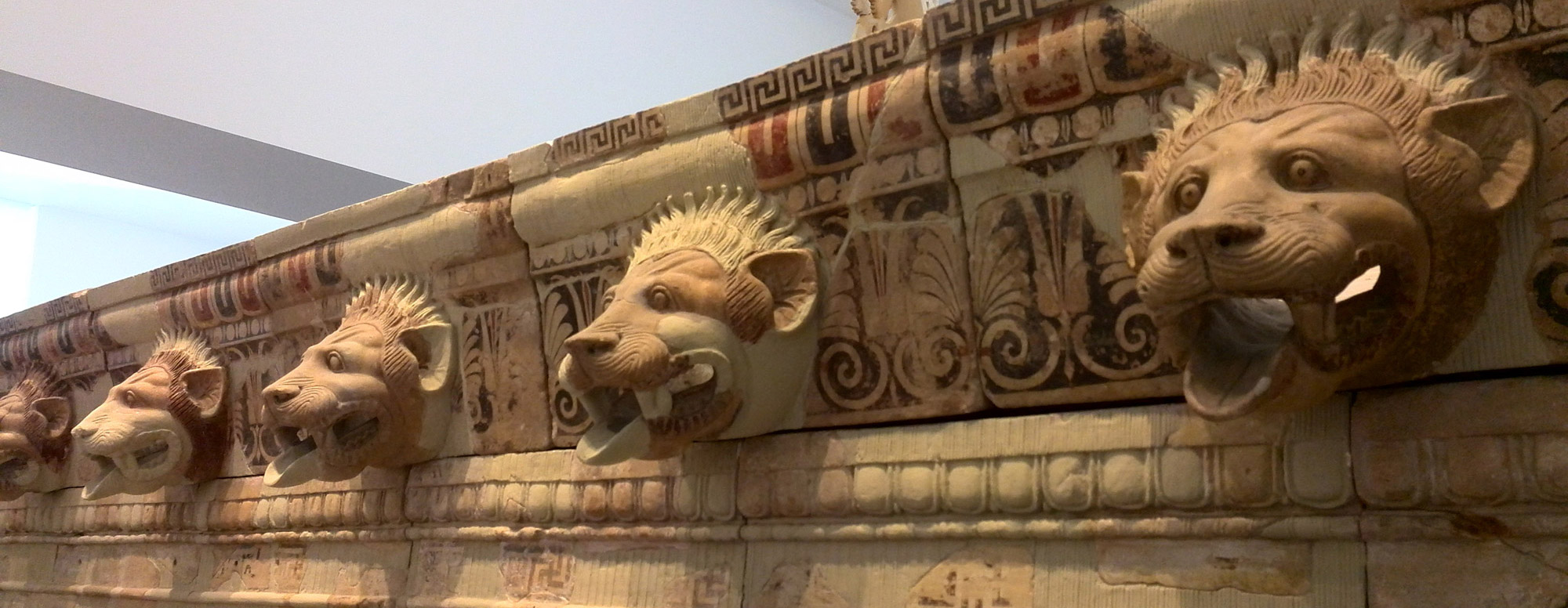
closed on Mondays
TICKET OFFICE HOURS
9.00-19.30
MArRC - National Archaeological Museum of Magna Graecia, Piacentini Palace
Address: Piazza Giuseppe De Nava, 26, 89123
Phone: 0965 898272
Site:
https://www.museoarcheologicoreggiocalabria.it/Location inserted by
CHO.earth